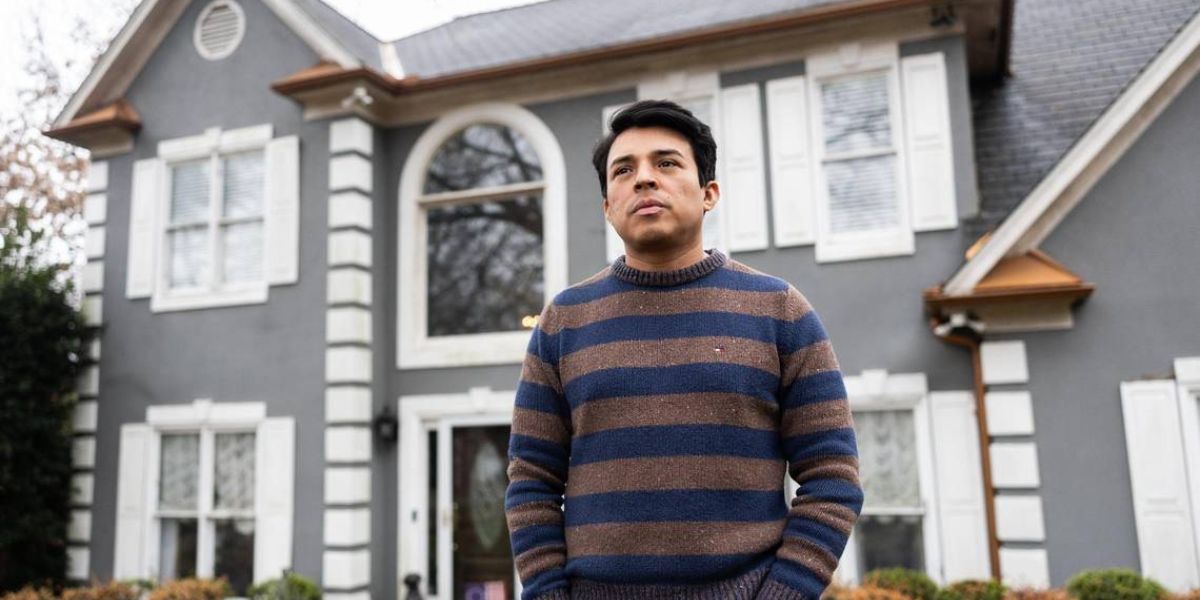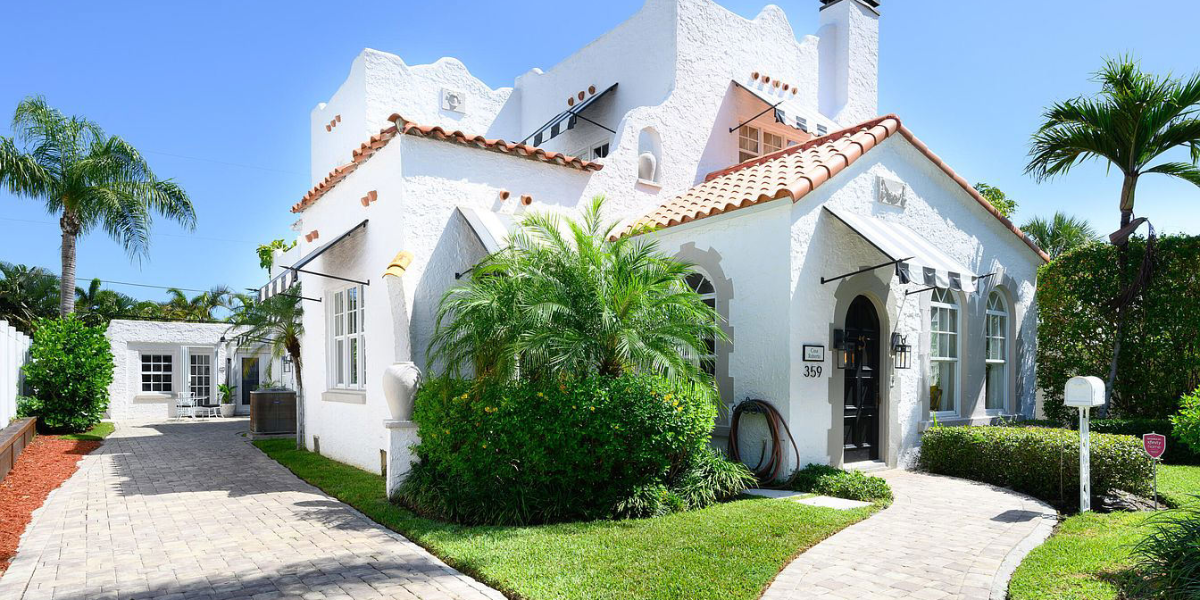Jeffrey and Levi Baldwin thought they were following the rules. As proud homeowners in Charlotte, NC, they kept up with their HOA requirements, dotting their proverbial i’s and crossing their t’s. Or so they thought, until Jeffrey went to pay their annual dues and was blindsided by thousands of dollars in fines he says he never knew existed.
Their alleged crime? Parking a vehicle in their driveway.
What began as a routine payment has turned into a drawn-out legal battle, with the Baldwins spending more than $10,000 in legal fees and facing foreclosure on their home for unpaid HOA dues.
Their case has become a rallying cry for homeowners across the state, drawing attention to Senate Bill 378, a bipartisan reform effort that aims to rein in HOA power. The bill would cap excessive fines, ban HOAs from profiting off of penalties, and introduce new safeguards before foreclosure can proceed.
Why homeowners are pushing for change
At their best, homeowners associations protect property values, enforce community standards, and even help coordinate maintenance. They can be a valuable resource for new homeowners, bridging the gap from low-responsibility renting to more involved homeownership. They’re also becoming more common: In 2024, 41% of homes listed on Realtor.com carried an HOA fee.
But critics say HOAs can also overstep, imposing surprise fines, enforcing inconsistent rules, and operating with little transparency or accountability. What makes them especially powerful is their ability to place liens on a home when dues or fines go unpaid (as they did in the Baldwins’ case), putting a property at risk of foreclosure, much like when taxes go unpaid.
A recent U.S. Supreme Court ruling, Tyler v. Hennepin County, rewrote the rules on how governments can seize home equity over unpaid tax bills. But HOAs have largely escaped that level of scrutiny. In many states, they can still foreclose with minimal oversight or homeowner protection.
That’s why homeowners like the Baldwins are calling for change. Without reform, they argue, the balance of power in HOA communities remains dangerously one-sided.
What Senate Bill 378 would do
SB 378 aims to create more balance between homeowners and their HOAs by adding guardrails around how fines and foreclosures are handled. The bipartisan bill, which passed unanimously in the North Carolina Senate and now awaits a House vote, includes several key protections:
- Caps fines for HOA violations at $2,500 per infraction, preventing runaway penalties for minor issues.
- Requires advance notice and a formal hearing before any fines can be imposed, giving homeowners a chance to respond.
- Bans HOAs from profiting off of fines, helping curb what some critics call “incentivized enforcement.”
- Prohibits foreclosure based solely on unpaid fines, ensuring homeowners aren’t at risk of losing their homes (and their equity) over disputes about landscaping or parking.
- Mandates mediation and multiple written notices before a lien can be filed or foreclosure can proceed.
“The goal isn’t to dismantle all powers of an HOA,” state Rep. Ya Liu told the Charlotte Observer recently. “It is to create transparency between homeowners and the association controlling them.”
Liu, a strong advocate for HOA reform, introduced a similar bill in the North Carolina House last year. While that version stalled, she continues to push for greater oversight and homeowner protections statewide.
Why it’s hard to reform HOAs
Reforming HOA laws is easier said than done. Real estate lobbyists were the fourth largest in the nation in 2024 when measured by spending, according to recent data.
HOA lobbies make up a meaningful chunk of that. These groups have successfully blocked or weakened reform efforts, arguing that tighter regulation would make it harder for associations to govern effectively. In 2023, for example, House Bill 542 in North Carolina, which aimed to curb foreclosure powers, died in committee after industry pushback.
Another, more complicated challenge is that no two HOAs are exactly alike. With more than 14,000 associations across North Carolina alone, drafting legislation that works for sprawling master-planned communities as well as small condo buildings is no small feat. The wide range of HOA size, structure, and management styles makes one-size-fits-all reform prone to failure.
But many have had enough. SB 378 has gained bipartisan support, and personal stories like the Baldwins’ are striking a chord with lawmakers and voters alike. As public pressure grows and more homeowners speak out, what was once seen as a niche issue is becoming part of a larger conversation about property rights and consumer protection.
What this means for homeowners in North Carolina and elsewhere
If it passes, SB 378 would rank among the strongest consumer protection laws for HOA-governed communities in the country. It wouldn’t eliminate HOAs, but it would protect homeowners from fines that spiral into foreclosures.
For homeowners everywhere, this moment is a reminder to get proactive. Here’s what you can do now:
- Read your HOA bylaws. Before you join an association, make sure you have a solid understanding of how the HOA handles fines, dues, and foreclosures. This can help prevent unexpected and costly surprises.
- Learn your state’s laws. Some states have already passed meaningful HOA reform and protections, like California’s Davis-Stirling Common Interest Development Act, which imposes strict procedural and disclosure requirements on HOAs.
- Understand the difference between unpaid dues and unpaid fines. Dues are often enforceable by foreclosure; fines might not be.
- Keep all documentation. If you’re disputing a violation, save emails, letters, and photos. These documents can serve as the basis for a case if you decide to take legal action.
- Seek legal advice early. Waiting too long to loop in an attorney can limit your options and increase costs. If you’re in a dispute with your HOA, seek professional advice now.
While SB 378 awaits a House vote, the Baldwins will keep fighting.
HOAs are “trying to steal our home through arbitrary, petty rules that they control. They’re using extortion tactics to basically rob homeowners, and I just don’t think that’s right,” Jeffrey told the Observer. “That’s why I’m fighting them.”
The louder the public pressure, the harder it will be for lawmakers to ignore what’s happening behind closed gates.




